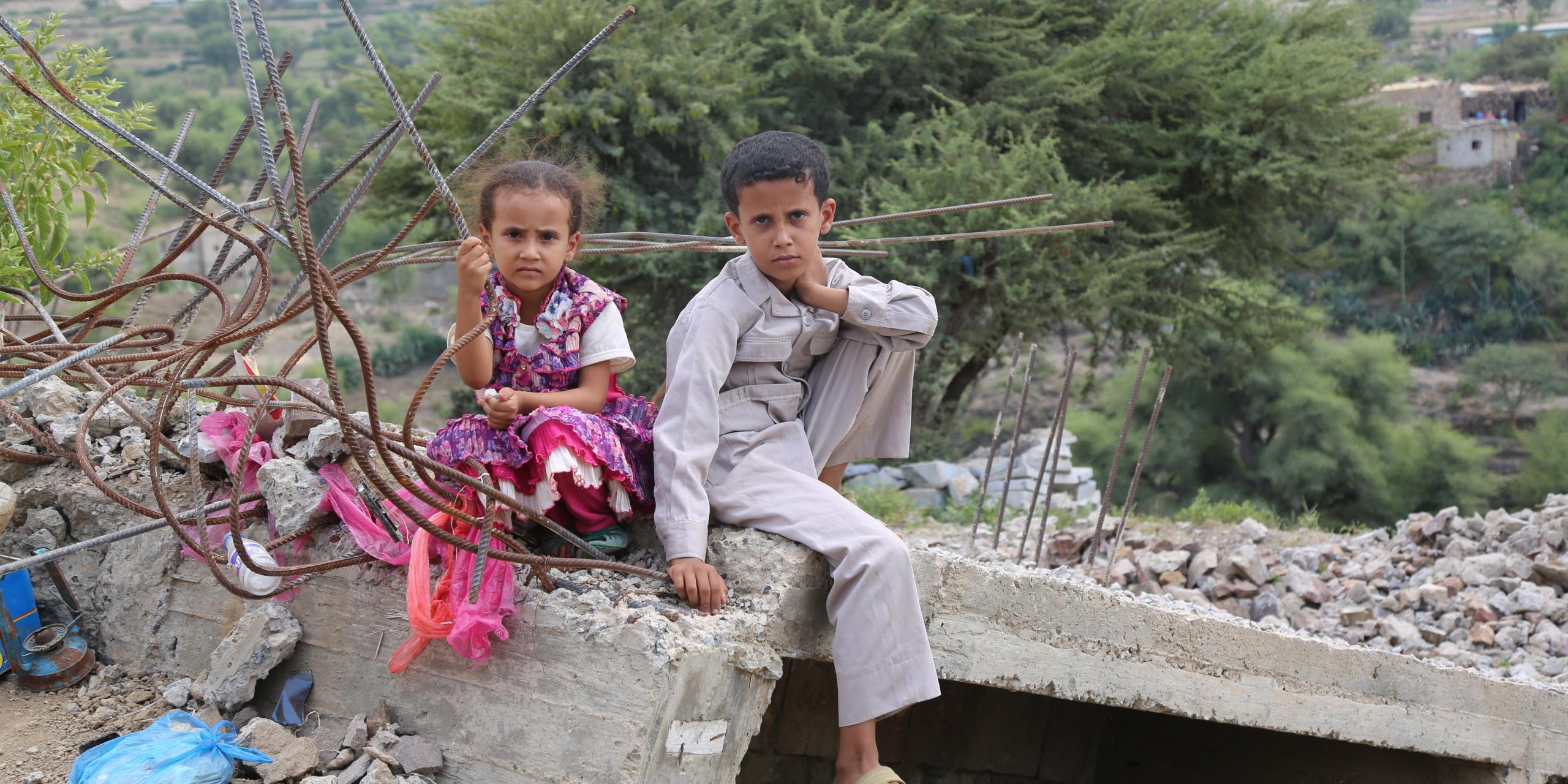
The Saudi-led coalition’s announcement that it is finally opening the port of Hudeida must be followed by humanitarian supplies and commercial shipments actually reaching the country.
For this to mark the beginning of the end of a blockade that has cut off an entire nation and driven it to the brink of famine, desperately needed supplies of fuel, food, medicine and other basic items have to be allowed in urgently, and commercial shipments need to be cleared for immediate entry.
On the 1,000th day of war in Yemen, we hope this is not a false dawn and that the suffering of millions of desperate Yemenis will be eased.
The port in Hudeida is the most important entry point for goods and supplies into Yemen, which depends on imports to meet roughly 90 percent of its food needs. Between 70-80% of food, fuel, and medical supplies that enter Yemen enter through Hudeida.
Since March 2015, the Saudi-led coalition has imposed an inspection, interdiction, and licensing regime that at times has amounted to a de facto blockade of Yemen’s red sea ports, particularly including Hudeida.
Even after the United Nations established a Verification and Inspection Mechanism (UNVIM) to strengthen interdiction and eliminate the need for the onerous Saudi process, Saudi Arabia has continued to maintain its regime. Commercial and humanitarian shipments experience months-long delays, resulting in spoilage of cool cargo items such as food and medication that require constant refrigeration. The World Food Programme reports that three to four months are needed for importation clearances before its ships are allowed to berth.

